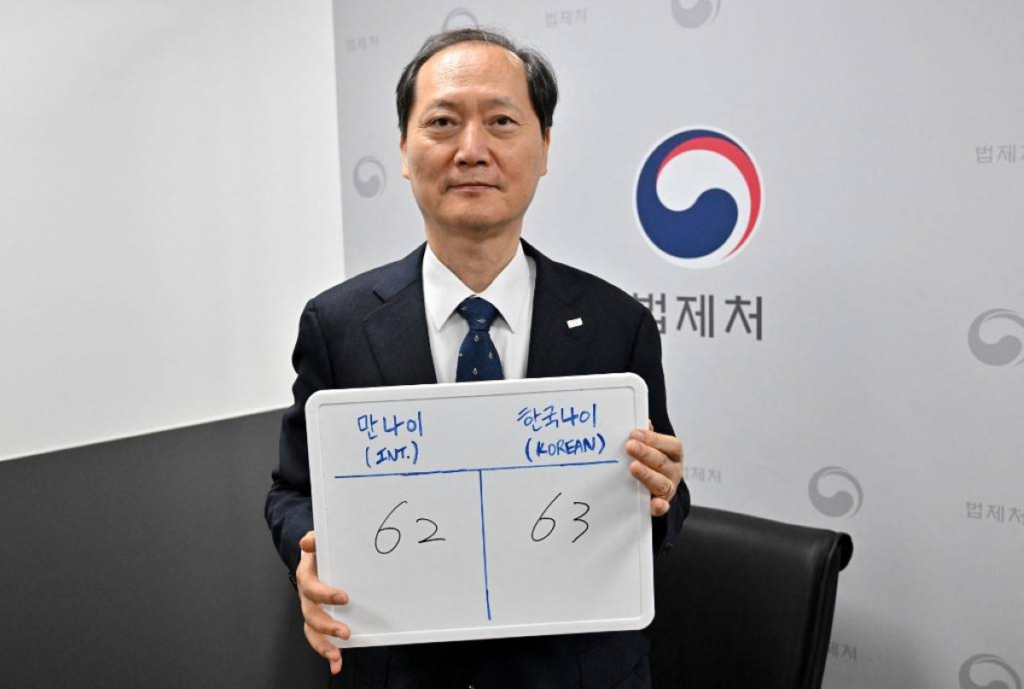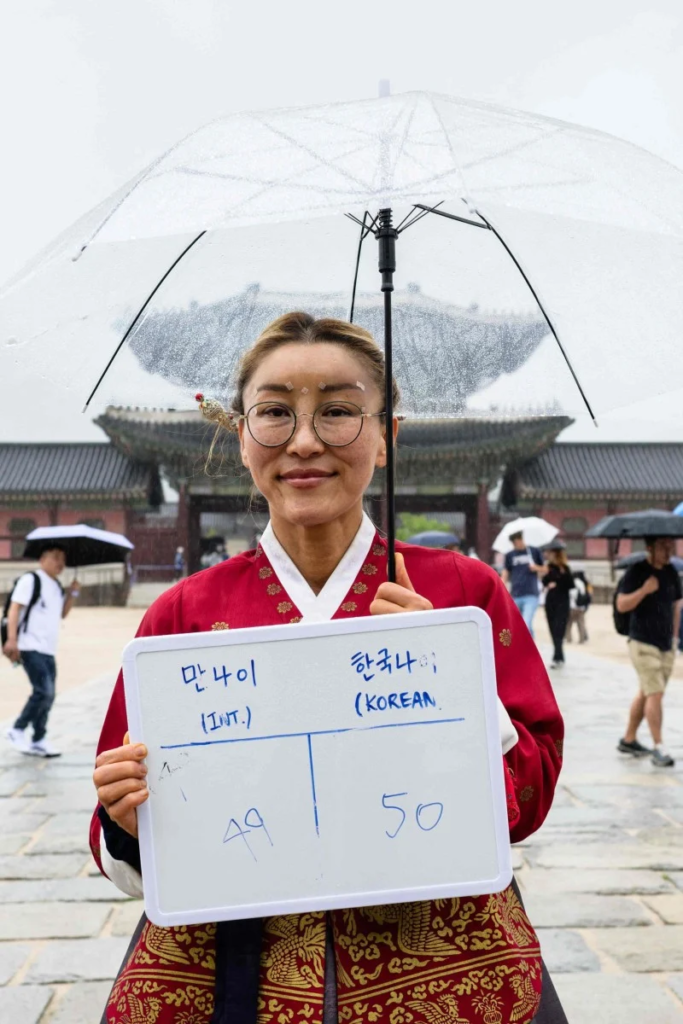
South Korea going to change its traditional aging system to an international aging system. A move that is intended to reduce confusion and comply with global norms.
South Korea is the last East Asian country to officially still use a method of calculating age that determines babies are aged one at birth. Counting their months in the womb as their first year of life. Under that system everyone gets a year older with the turn of the year. Rather than on their actual birthday, meaning a baby born on Dec. 31 would be considered two years old on Jan. 1 in Korean age.
On Wednesday, more than 50 million South Koreans woke up to being a year or two younger. As a new law came into effect concerning age. The change in age comes after the South Korean parliament passed a law on the same in December to scrap the country’s traditional method of counting age. As per the law, the so-called ‘Korean Age’ system will no longer be permitted on documents and only the standardized method will remain.

In fact, President Yoon Suk-yeol had pushed strongly for the change when he ran for office last year. The traditional age-counting methods created “unnecessary social and economic costs”, he had said. He referred to cases that resulted in legal disputes due to different ways of calculating ages. Such as the peak-wage system, which determines salary reductions for senior workers based on age.
Also read: King Charles III Picked Dr Zareen Roohi as his Special Advisor
South Koreans won’t need to update any documents or IDs. Since the age used for government forms is based on the international system. Just like it is for retirement, receiving a pension and voting. Mandatory military service and school admissions follow calendar age which takes into account the year of birth.
History of traditional system
The origins of the traditional age-counting method are unclear. One theory is that turning one-year-old at birth takes into account time spent in the womb – with nine months rounded up to 12. Others link it to an ancient Asian numerical system that did not have the concept of zero.

The traditional age-counting methods were also used by other East Asian countries, but most have dropped it. Japan adopted the international standard in 1950 while North Korea followed suit in the 1980s.
